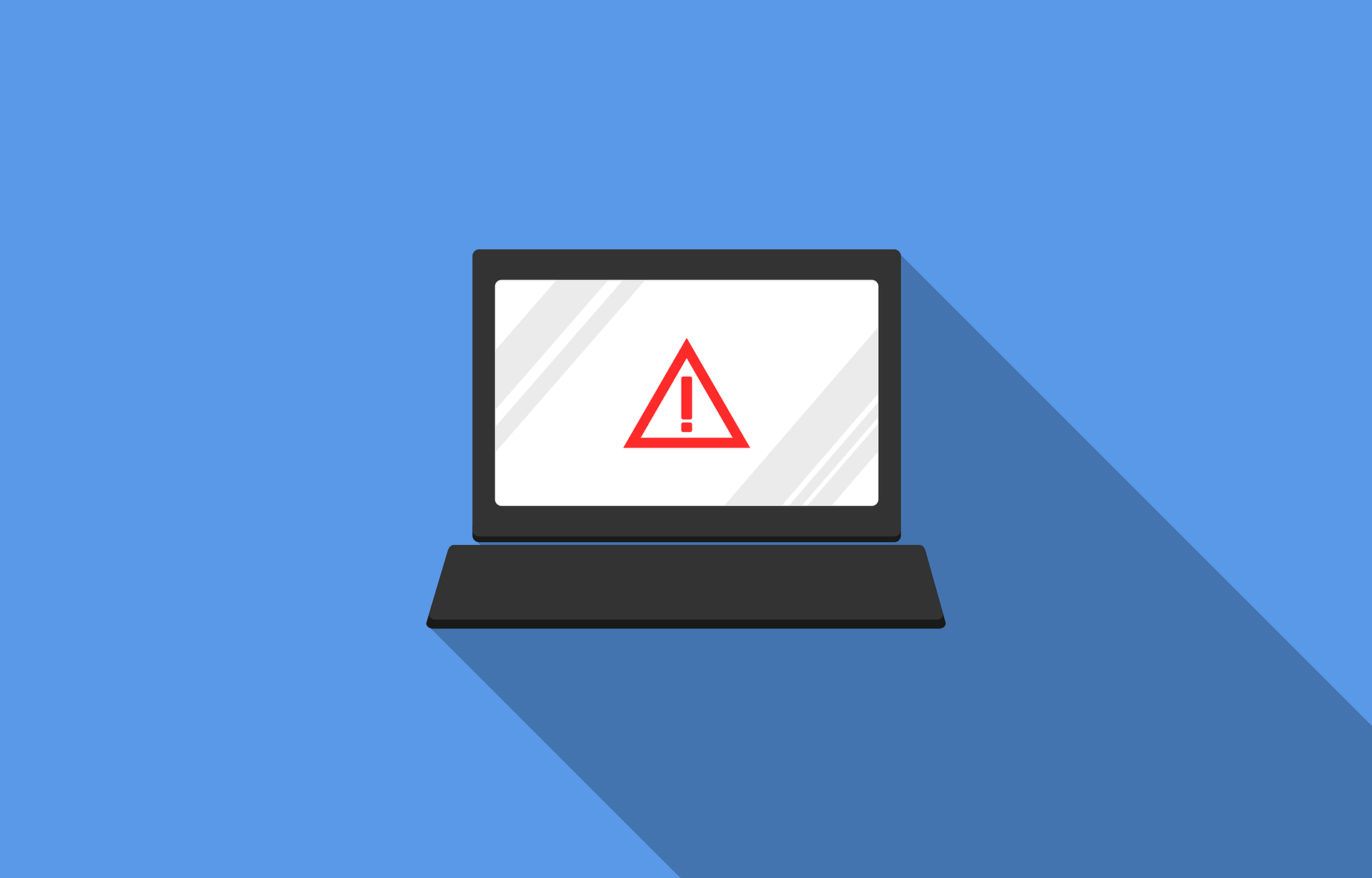Hackers can cause serious damage to your life within a very short period of time. They may steal your Social Security number and other identifying information, your credit card or bank account data and more, and they can quickly use this information for malicious purposes. There are various methods that both amateur and professional hackers use to obtain the data that they are looking for through your computer or your online activity. When you learn more about these methods, you can better determine the steps that you need to take to stay safe in cyberspace.
Phishing
A phishing scam is one where you are tricked into providing your bank account or personal information directly to the hackers, or you may even send them money directly. This is most commonly done with a lengthy and detailed story, such as how you just won a contest that you never entered or about how a long lost relative urgently needs cash. Avoid making hasty decisions when confronted with an unusual situation online, and always confirm stories that people are telling you through your own methods. If they provide you with a phone number to call for confirmation, do not call the number. Look for your own methods of confirmation. If they are too persistent or if a story sounds too good to be true, it is wise to steer clear of participating in what they are asking you to do.
A Virus
A Trojan virus is appropriately named because it is implanted into your system and feeds information from the inside of your system directly to the hackers. You may not even be aware that you have this type of virus on your computer until you learn that your personal or financial data has been comprised. The virus works silently without your knowledge, and you may only notice that the system runs slightly slower because of the background activity. By the time you do notice what is happening, it may already be too late. Both businesses and individuals can schedule a risk management assessment for their computers, and this can help you to learn more about the weaknesses and vulnerabilities with your system currently.
Infected Websites
You may also get a virus by visiting infected websites. Simply by visiting an unsafe website, your computer may download a virus or code that lets hackers get into your system. From there, they can search for and take any information they need. You can use a security program to identify unsafe websites while you are browsing the web, and this can help you to avoid clicking on unsafe websites.
A Data Breach
In some cases, huge data breaches result in a massive amount of personal and financial data falling into the wrong hands. Hackers may download so much data that it takes days for the affected company to notify all parties and for them to change their security codes and other relevant information. Companies must take better steps to secure data to prevent this from happening, but consumers can also ensure that they only provide their information to companies that they are confident will take proper steps to protect it.
Now that you are more aware of the many ways that hackers work, you can see why hacking and identity theft or fraud are so prevalent. It may seem impossible to try to avoid all of these possible types of cyber-attacks. While your own efforts to bolster security may not prevent all attacks, it can help you to stay safe from some of them. Now is the right time to get a risk assessment and to take steps to improve your online experience appropriately based on the data from the risk assessment.


